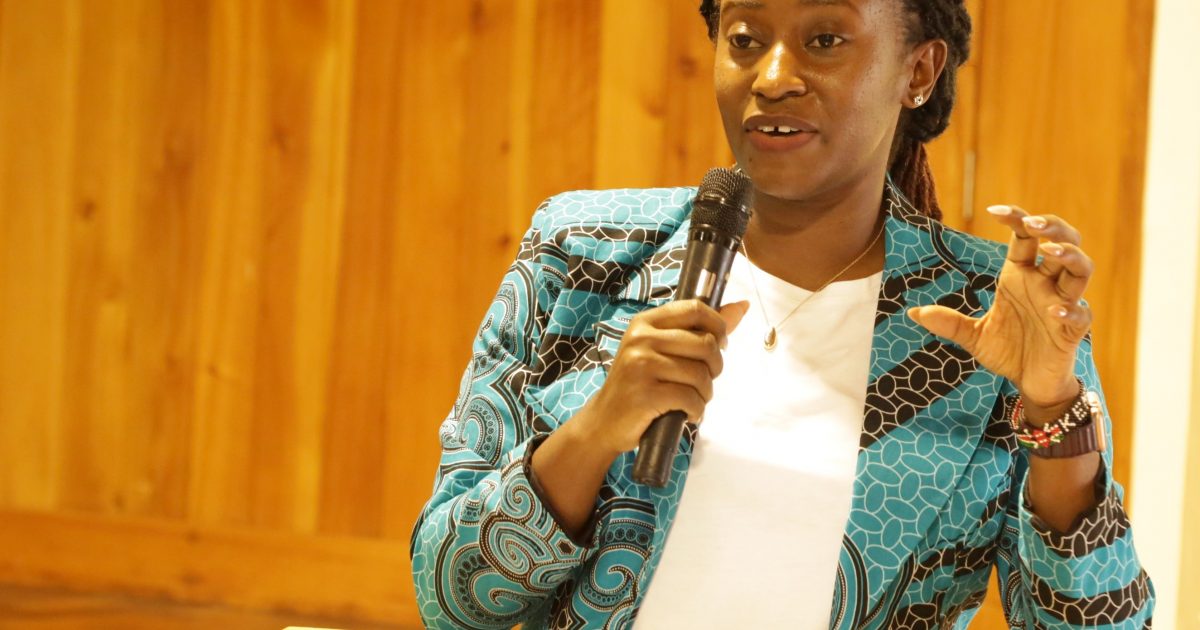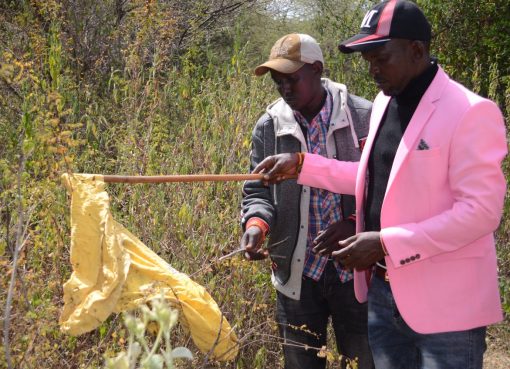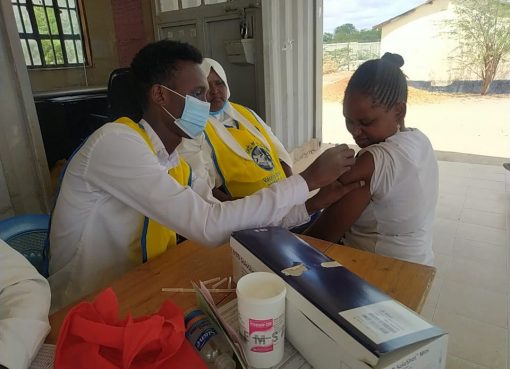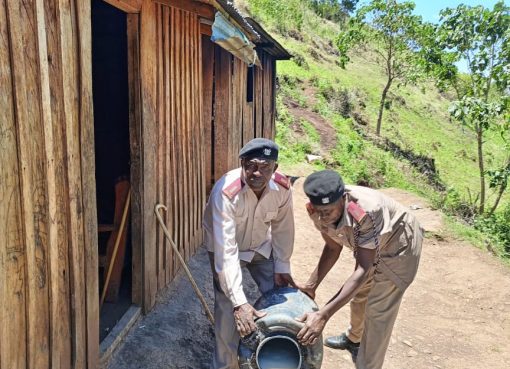The government has rolled out an initiative focused on encouraging young girls to take up courses in ICT, science and mathematics in efforts to boost gender balance in the fields and offer job opportunities for women.
Ministry of ICT, Innovation and Youth Affairs Chief Administrative Secretary (CAS) Maureen Mbaka said that she started the initiative dubbed ‘girls in ICT initiative’ which encourages young women and girls to actively participate in careers in ICT, Science, Technology, Engineering, and Mathematics (STEM).
The CAS said that they are working together with KONZA Technopolis, Huawei women in Tech, and other partners where they have held mentorship forums, cloud computing trainings aimed at encouraging women to take up careers in the male dominated field of technology.
Speaking at the Centre for Mathematics, Science and Technology Education in Africa (CEMASTEA) during the closing ceremony of the Young Scientists Kenya (YSK) boot camp, Mbaka said that only 30 per cent of the careers in Tech are occupied by women and there is need to have more women in the field as she expressed optimism seeing that more young girls than boys participated in this year’s YSK boot camp.
“Next week is the girls in ICT week where every 28th of April we celebrate the women in the tech space. I would like to urge each one of us to use this time to go into our communities and encourage our young girls to take up course in ICT,” said Mbaka.
The CAS highlighted that their mandate as a ministry is to facilitate universal access to ICT infrastructure and service to empower Kenyans in their quest for economic growth.
“On tech skills, the government is committed to promoting the fundamental role that tech skills play in tackling real world problems and in furthering key 21st century skills required in the job market,” said Mbaka.
She said that the ministry has designed and prepared programmes to prepare the Kenyan youth for the digital world which include the digital literacy programme which is aimed at impacting digital skills to young minds at an early age.
“The programme has seen the distribution of over one million devices in over 22, 000 schools as well as training of 300,000 teachers on digital skills,” said Mbaka.
The CAS said that the government also has the SchoolNet program which they are piloting and it involves connecting schools to internet services, and so far 13 schools have been connected with a total of 1,500 schools earmarked for connectivity.
CEMASTEA Deputy Director Lydia Muriithi said that next year the country will have the first class of junior secondary under the new Competence Based Curriculum (CBC) and they are working hard to see how sciences will be related at that level.
Muriithi said that at the junior secondary they have the duty to make the students understand the importance of sciences, so that they can specialize in the STEM areas when they join senior secondary and this will guide them in their career choices.
YSK chair of the programs committee Ben Roberts said that the YSK in Kenya is modelled around the Ireland Youth in Science which transformed the country from a potatoes producing country into a tech hub housing headquarters for some of the giant tech companies in the world.
He said that in Kenya they are adopting the ‘leave no one behind’ model where they focus on the rural and remote areas where the infrastructure is not so good and the students there find it hard to access STEM courses and the required teaching skills and laboratories.
By Joseph Ng’ang’a





